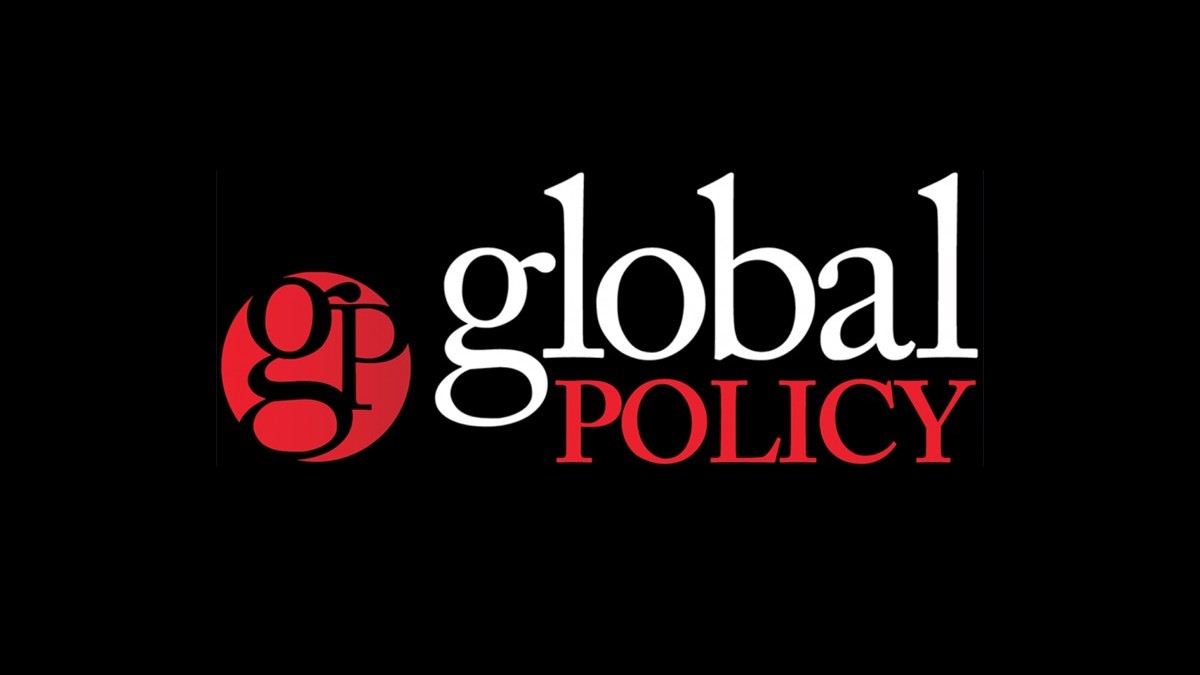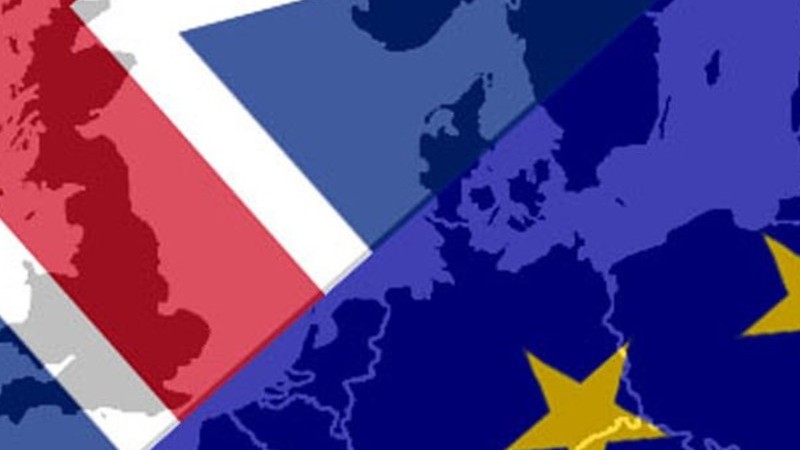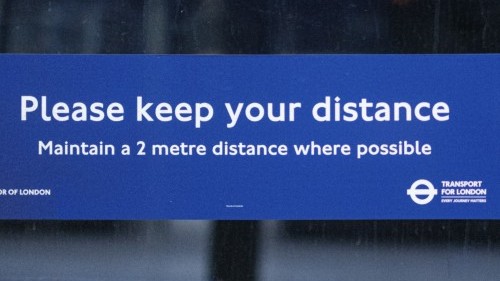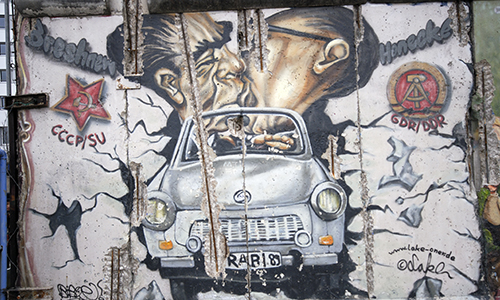Projects
Past Projects
- Global Informality
The Global Informality Project is an interdisciplinary research project led by UCL School of Slavonic and East European Studies and supported by the UCL European Institute. It provides the first multimedia online resource that explores informal practices and structures from a global perspective.
Through its comparative and ethnographic investigations, the encyclopaedia explores the existence of multiple moralities, which account for the resilience of informal practices, and explore their legitimacy and institutional arrangements, as well as the cultural and historical contexts of informality.
- Capitalism and Democracy
This project examines the relationship between capitalism and democracy in the wake of the on-going financial crisis and the various events it has precipitated, from the Greek sovereign debt crisis to the current wave of populism sweeping the Western world. It examines how these crises, and the policy responses to them, have transformed the relationship between democracy and capitalism. It also seeks to place these phenomena in the context of their historical, intellectual, and policy precursors in the 1970s, and to scrutinise the contemporary implications these changes have for democracy in the EU.
Scheduled speakers have included Thomas Piketty, Naomi Klein, Chantal Mouffe, Paul Mason, Béla Greskovits and Pablo Echenique.
Capitalism and Democracy is hosted by the UCL European Institute and generously funded by the ERASMUS+ Programme of the European Commission.
- Negotiating Religion
A series of workshops & publications discussing the complex processes through which religious communities create or defend their place in a given commonwealth, both in history and in our world today. The main objective is to stimulate a debate about the complex relationship between religion and society. Throughout their history, European commonwealths have been shaped by religious identity, community, and conflict. Constitutions and legal systems to this very day are deeply affected by religious traditions.
- Brexit Divisions
Our Brexit Divisions series was co-funded by a grant from the European Commission Office in the UK. The series aimed to provide information and analysis to help clarify issues in a non-partisan manner. As part of Brexit Divisions we held three public discussions - on referendums, migration, and economics, respectively - connected to debates surrounding the EU referendum in June 2016.
- Citizenship and the Market
Our project sought to discuss precisely this relation between European citizenship and the market. To what extent is citizenship of the Union going beyond the market today? Or is it in fact coupled increasingly firmly to it? And if so, is that necessarily a bad thing? Is talk of 'mere' market citizenship misguided if it provides not only real, tangible benefits for many citizens, but also leads them to identify more closely with their fellow Europeans? The objective was to discuss, learn and convey information about how exactly European citizens use their market-related rights when they move to, or do business with, another member state of the Union, and how this usage affects in practice their sense of identity and solidarity.
- Euro-crisis and the Democratic Deficit
This project involved a series of talks, culminating in an edited volume, discussing the implications of the Eurozone crisis. It focused in particular on the likely implications for democratic standards of the Union and its Member States & citizens' perceptions of, and participation, in EU policy making.
- Conceptions of Freedom
Conceptions of Freedom is a three-year project that aims to generate discussion and debate over the meaning of the essentially contested concept of freedom.
"Freedom" is usually thought of as a self-explanatory concept, as well as the central principle and moral good embraced by advanced democratic societies today. But it is hardly a unitary category, and neither its social forms nor its subjective experience are always and everywhere the same. The series of public conversations organised under this umbrella proceed from the premise that the theories we have to talk about freedom often don't capture either the lived experience of "being free," or the complex relationship between external liberty and internal autonomy. The project thus encourages us to think about the various meanings and templates of freedom, as these are conceived in various bodies of thought and practice: psychoanalytic, religious, scientific or artistic, as well as the more familiar traditions of political philosophy.
Speakers in this series include famous exponent of psychoanalytic ideas Adam Phillips, author of The Private Life, Josh Cohen, and internationally-renowned neuroscientist Daniel Levitin.
Conceptions of Freedom is conceived and chaired by Eva Hoffman, Visiting Professor at the UCL European Institute, between 2015 and 2018. It is hosted by the UCL European Institute in collaboration with the UCL Institute of Advanced Studies.
 Close
Close







